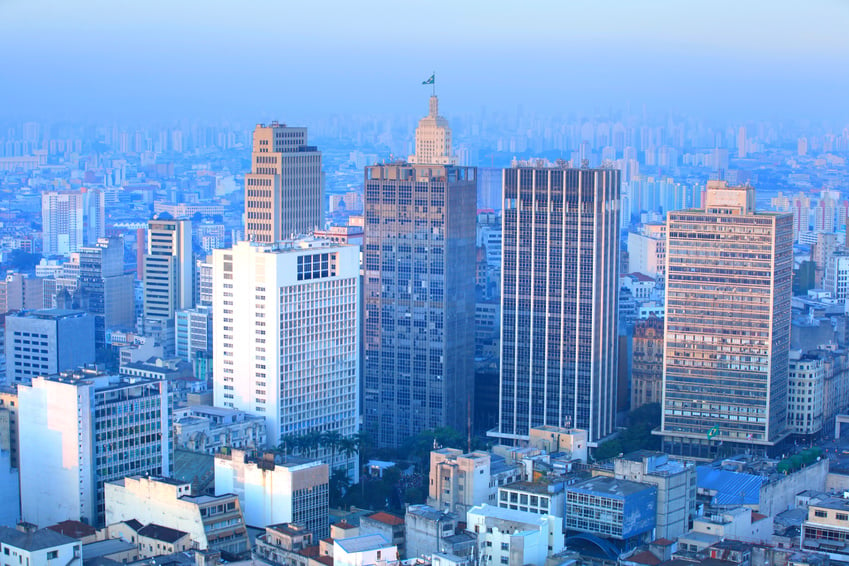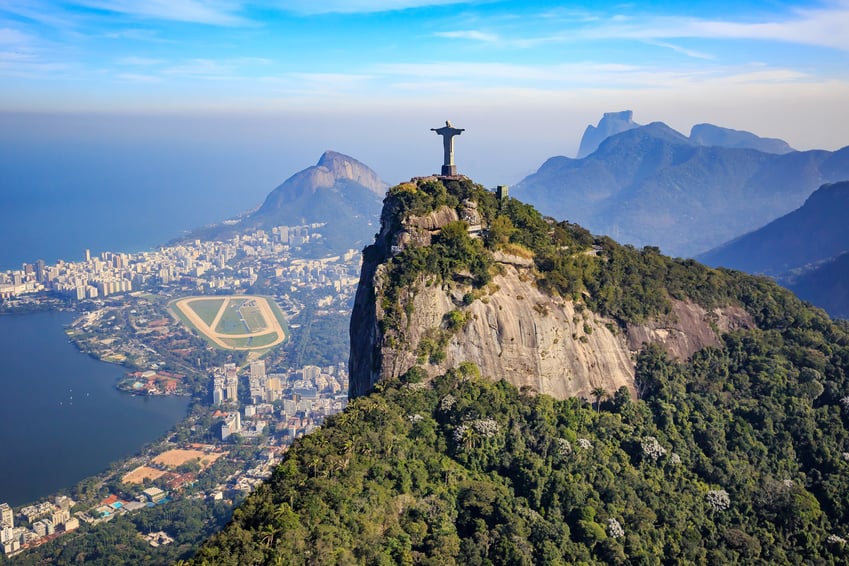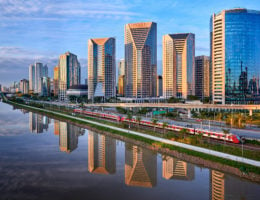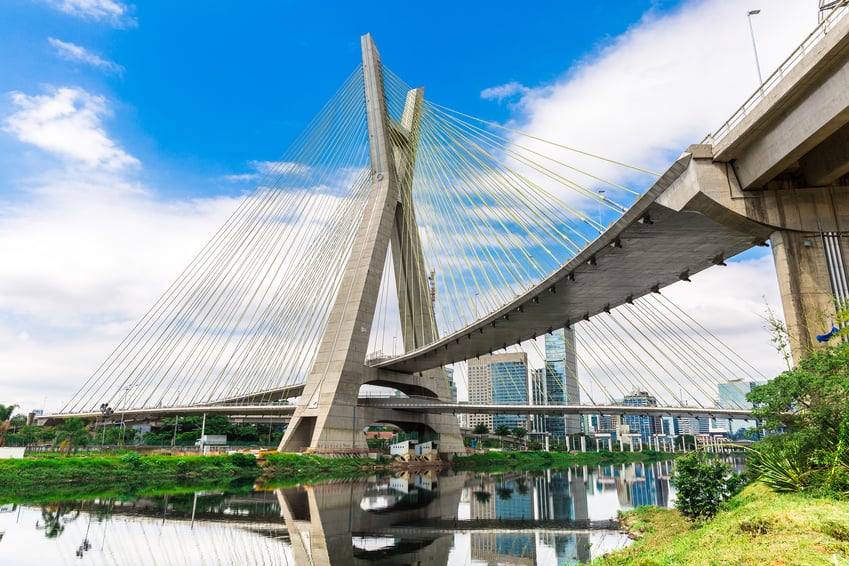On 30 July 2024, the National Consumer Secretariat published Technical Note No. 2/2024/Gab-DPDC/DPDC/SENACON/MJ, providing for the Ads Quality Criteria and Data Quality Criteria, as transparency parameters to be adopted and complied with by digital platforms in Brazil. The recent Technical Note established transparency criteria applicable to platforms, mentioning the need to comply with dignity, health, safety, protection and harmony within consumer relations.
Federal Law No. 14.904/2024 was published. The law establishes guidelines for the preparation of climate change adaptation plans, with the aim of guiding the implementation of measures to reduce the vulnerability and exposure to risks of environmental, social, economic and infrastructure systems, in the face of the current and expected adverse effects of climate change.
The National Civil Aviation Agency published Resolution No. 743 of 15 May 2024, which regulates the monitoring and offsetting of carbon dioxide emissions (CO2) on international flights under the Carbon Offsetting and Reduction Scheme for International Aviation. The resolution comes into force on 1 January 2025.
In our final week of the Annual Compliance conference, we focussed on key issues being faced by companies on ESG, supply chain and product compliance. Specifically, we discussed the new legal landscape in the EU and UK on product compliance and liability, supply chain due diligence trends and developments, and how to manage environmental, social and governance risks and increasing legislation in the US, UK and EU aimed at cracking down on vague, misleading, or unsubstantiated green claims.
On 6 May 2024, the Federal Government published Federal Law No. 14.852/2024, which established the Legal Framework for the Electronic Games Industry in Brazil. The new law sets out the basic principles and rules for the development and sale of electronic games in Brazil. It establishes guidelines on the manufacture, import, marketing, development and commercial use of electronic games, in addition to providing that the State must establish the indicative age classification. Therefore, it provides a specific framework for this sector in Brazil and ensures the protection of its consumers and users.
The Brazilian Institute of the Environment and Renewable Natural Resources (IBAMA) established a new way of calculating the Environmental Control and Inspection Fee (TCFA) and, as of the first quarter of 2024, the economic size to be declared by subsidiaries will be the economic size of the parent company and the subsidiary jointly, considering the annual gross income of the legal entity as a whole for the basis for calculating this fee.
The rise of conscious consumerism has led to consumers actively seeking out sustainable, environmentally friendly and ethically produced goods. In response to this growing demand, many consumer goods and retail (CG&R) companies have embraced sustainability and green credentials as a marketing tool, but is this greenwashing? Baker McKenzie produced this guide to outline the legal landscape, regulations and key actions CG&R companies can take to mitigate the risks associated with greenwashing claims in Latin America.
On 9 February 2024, the Minas Gerais State Secretariat for the Environment and Sustainable Development (SEMAD in Portuguese) published Copam Normative Decision No. 249/2024, which defined the guidelines for implementing, operating and monitoring the take-back requirement systems in the state.
The National Bank for Economic and Social Development (Banco Nacional de Desenvolvimento Econômico e Social (BNDES)) has informed financial institutions of the extension of the prohibition on contracting rural credit operations and the suspension of the release of funds to clients with current embargoes registered in IBAMA’s Register of Environmental Charges and Embargoes and who have not taken effective measures to regularize them. SUP/ADIG Circular No. 76/2023-BNDES included this prohibition in SUP/AIDIG Circular No. 13/2022-BNDES, which sets out guidelines and general orientations for Accredited Financial Institutions. The Circular was published on 11 December 2023, and will come into effect on 10 March 2024.
On 21 December 2023, the Brazilian House of Representatives approved the new text of Bill 2.148/15, which aims to create the Brazilian Greenhouse Gas Emissions Trading System, i.e., the regulated carbon market in Brazil. The text will still be sent to the Brazilian Federal Senate and could return to the House of Representatives if further changes are made.








